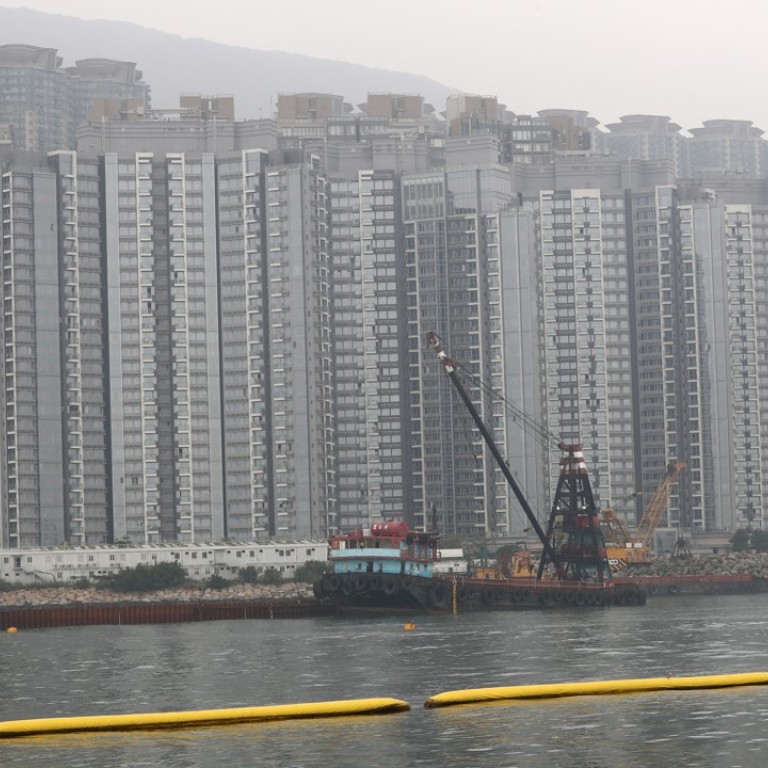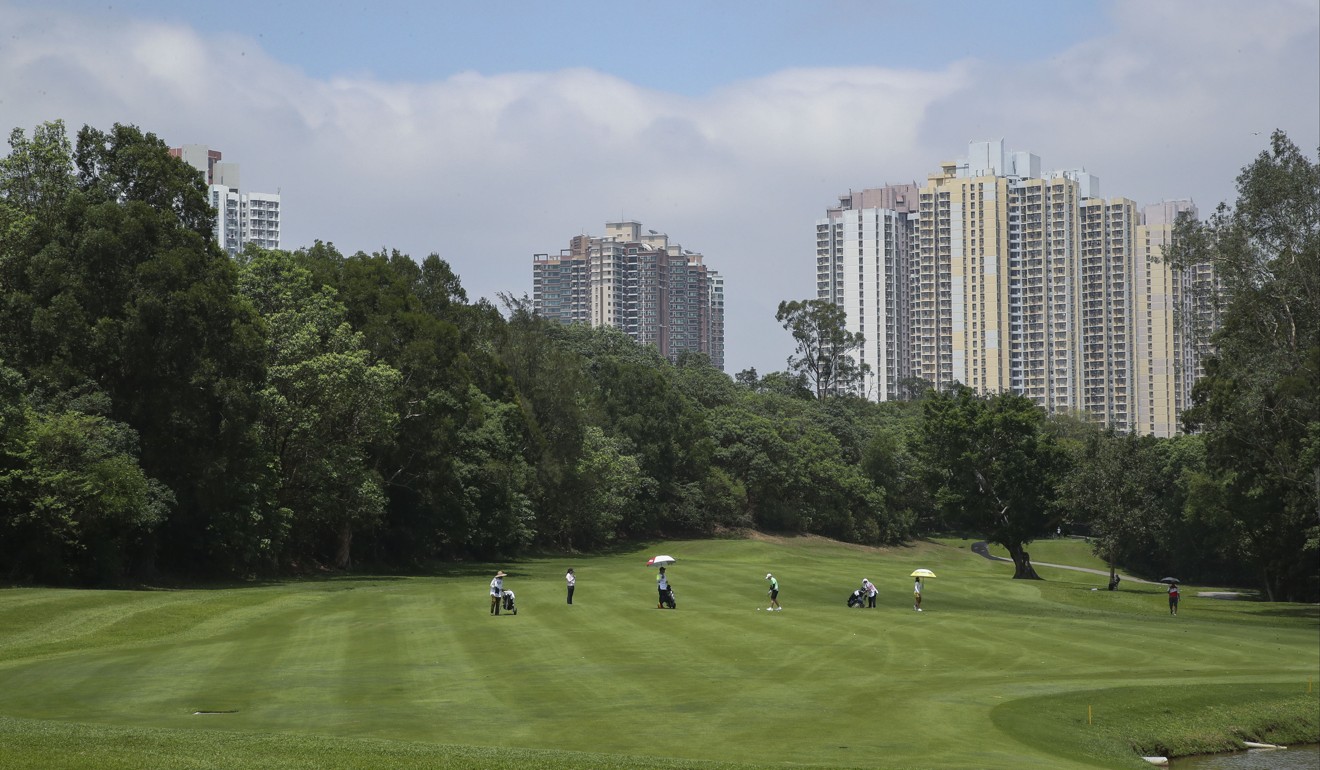
Choosing reclamation doesn’t exclude other land options for Hong Kong
Aron Harilela says reclamation is a viable solution to the city’s land supply problem, but it can be pursued with other options, like the development of agricultural land and the conversion of old industrial buildings
It is a big challenge for three reasons: first, the sheer number of options – 18 in total – that the task force has put forward; second, the diversity of views and conflicting interests involved; third, the urgency. In fact, the lack of affordable housing in Hong Kong and high commercial rents are adversely affecting residents’ quality of life and our international competitiveness on a daily basis. We cannot afford to let this continue.
Against this background, it may be useful to look at the most attractive options and others which should be regarded with considerable scepticism, if not discounted completely.
The impact of reclamation on the environment (particularly marine ecology) will need to be carefully assessed. But, subject to the results of environmental impact studies, reclamation seems the most obvious and attractive option.
Reclamation does not exclude other options, and a multi-pronged approach can be adopted, as the government has done in the past. The development of brownfield sites, unused agricultural land and agricultural land currently held by private developers (possibly in public-private partnerships, in the case of the latter) and the conversion of old industrial buildings are all options that can be pursued in tandem with reclamation.
Although the urgency to find new land for residential development is understandable, this should not be achieved at the expense of other considerations such as quality-of-life issues; it is equally important to maintain a liveable environment in Hong Kong.
By definition, this would mean green spaces and land set aside for leisure and recreation. Likewise, ongoing efforts to uphold land use rights should continue. Bearing in mind that all land in Hong Kong is ultimately leased by the government, the termination of long-term leases – without proper justification – may reflect poorly on the city’s free market system, which depends on a system of secure and reliable property rights, as well as the rule of law.

Of equal importance with the decision about land supply is the plan for implementation, which should be quick and efficient.
Now, let’s dispel any notion that a consensus will magically emerge from the consultation
Now, let’s dispel any notion that a consensus will magically emerge from the consultation. Clearly, whatever final decision the government makes will not please everyone. In other words, it will take leadership from the government to reach a decision about the way forward, explain it, and be prepared to be unpopular with some sections of society.
Above all, the decision must include an action plan and indicative timelines of implementation. And it must be carried out by a single policy unit dedicated to this purpose, to maximise efficiency. Clearing the land bottleneck is a huge challenge, but one we must meet if we are to improve people’s quality of life and our international competitiveness. And with the right approach, it is achievable.
Dr Aron Harilela is chairman of the Hong Kong General Chamber of Commerce

